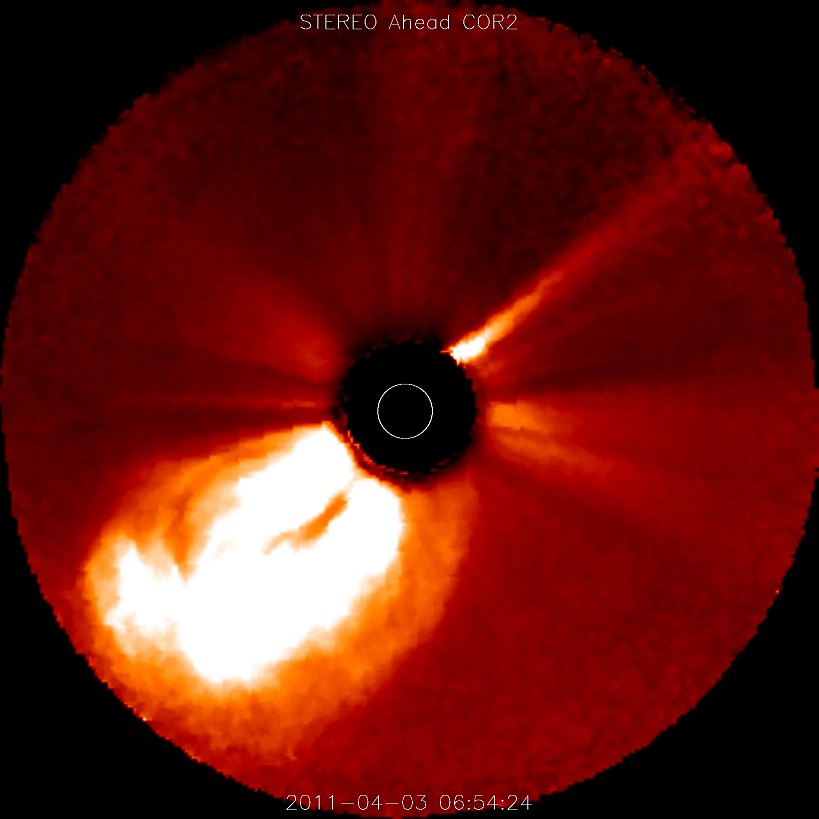I have been very concerned about the fear mongering and outright hysteria that has erupted as a result of the ongoing Japanese nuclear catastrophes. I have attempted, through mostly anonymous channels, to dispel and debunk some of the most egregious hoaxes, misconceptions, misinformation and profiteering that have exploded since the tragic March 11th Japanese earthquake that has since been upgraded from 8.9 to 9.0 on the Richter Scale.
As conditions exist at the moment, the fallout from the Fukushima reactors does not directly pose a threat of any significance to the United States with the possible exceptions of some areas of Alaska.
I served as a Nuclear Weapons Maintenance Specialist in the U.S. Army where I attained the highest average score in the history of that school. I was in West Germany during the Chernobyl disaster and I took measurements to detect fallout in that area. I have a degree in physics. Consequently, I have some perspective on nuclear fallout.
Certain radioactive isotopes that are the products of nuclear fission will likely become detectable in the United States over the next week using specialized equipment. However, the diffuse levels of these isotopes will be so low that, like during the similar Chernobyl disaster, the American fallout will be more of a curiosity than a threat.
The only way that the United States mainland can become directly and measurably impacted by the Fukushima nuclear plume is if the power plant suffers an atomic detonation that disperses many tons of radioactive material high into the atmosphere. This is unlikely, but it would devastate Japan with fallout, poison the northern Pacific Ocean for many years and contaminate large areas of the Northern Hemisphere to levels high enough to appreciably increase cancer and birth defect rates.
However, I do not mean to downplay the Fukushima nuclear catastrophe, which will likely eclipse Chernobyl, perhaps by a large margin. It is increasingly apparent that large areas surrounding the afflicted Fukushima nuclear power plant will have to be permanently evacuated. If the situation continues to worsen, hundreds of thousands and perhaps even millions of Japanese will have to be relocated. Tens-of-thousands of Japanese casualties are possible. Ocean life in the surrounding waters will become contaminated. Many square miles of farmland may have to be abandoned for decades.
The Fukushima nuclear plant crisis might well become the largest human initiated disaster outside of war, but the United States mainland is currently safe from the resultant fallout.
